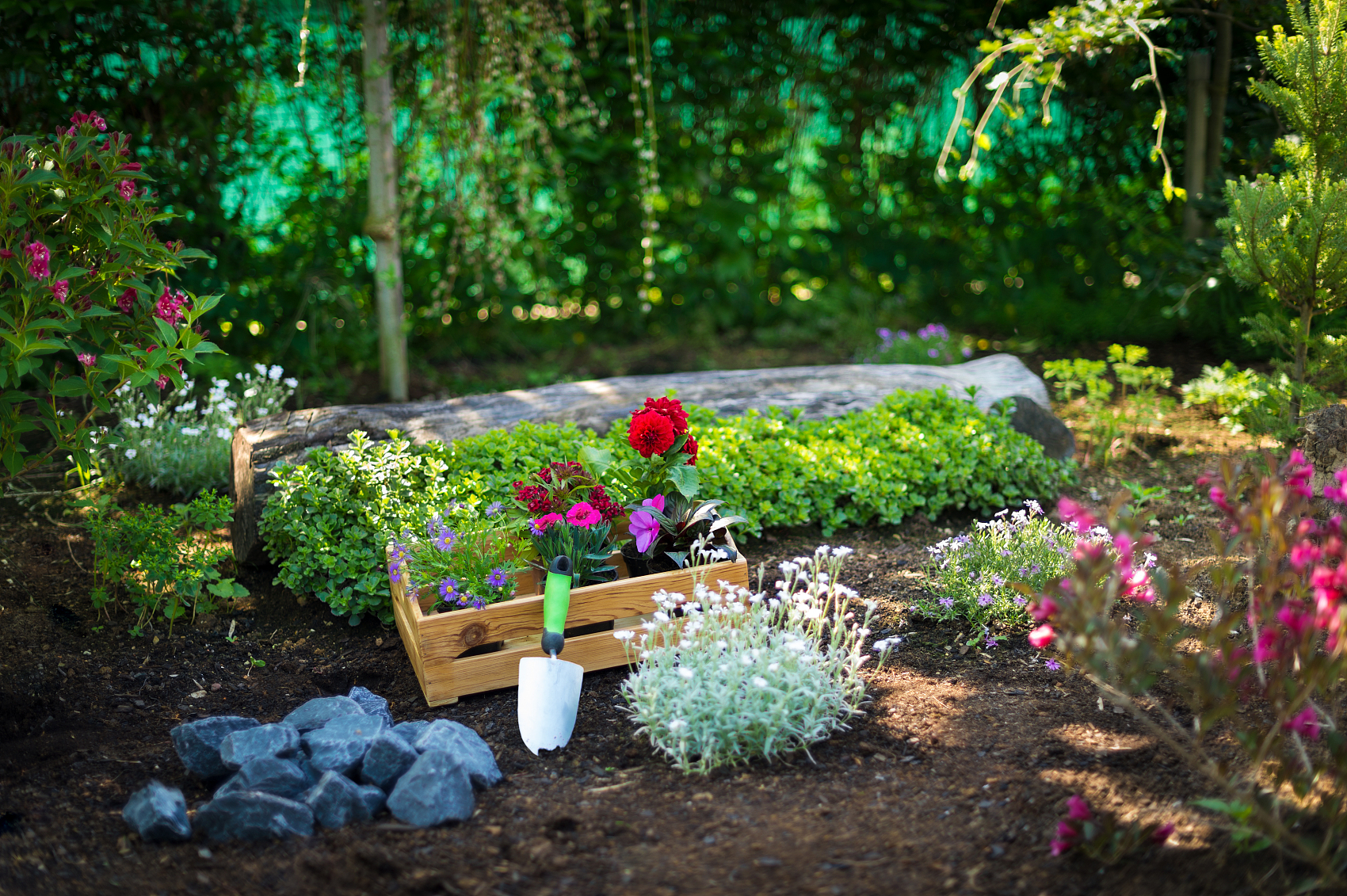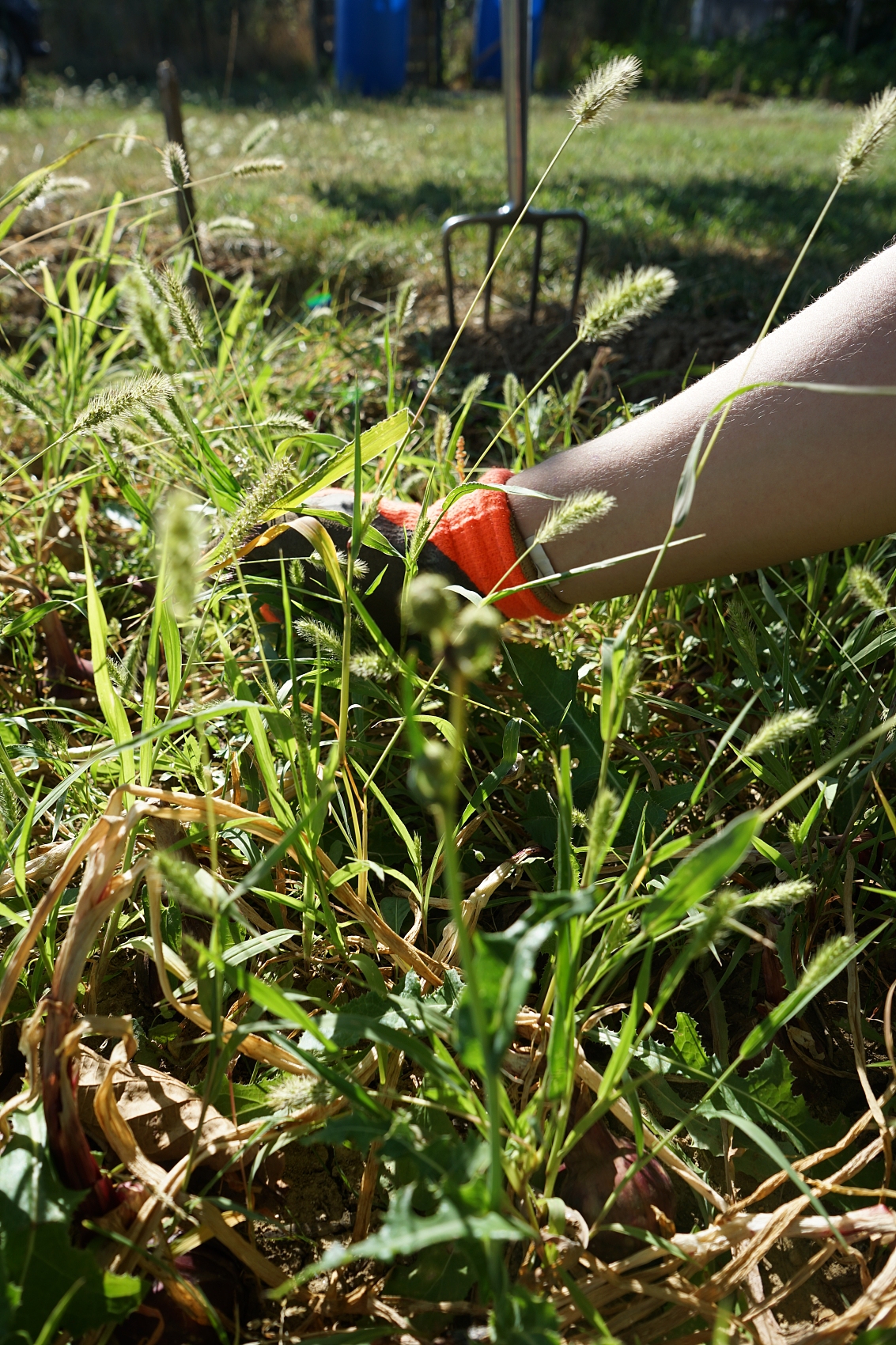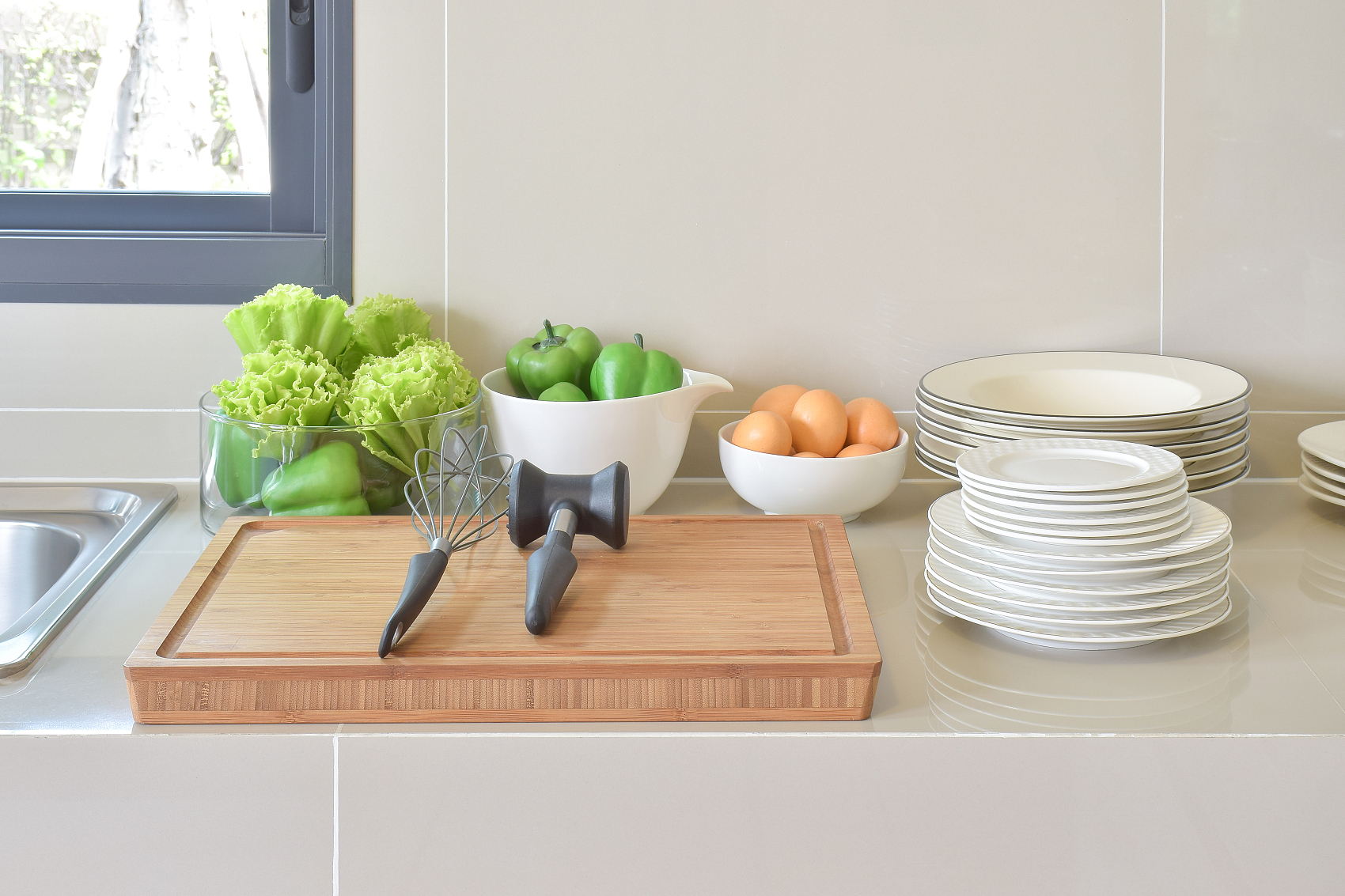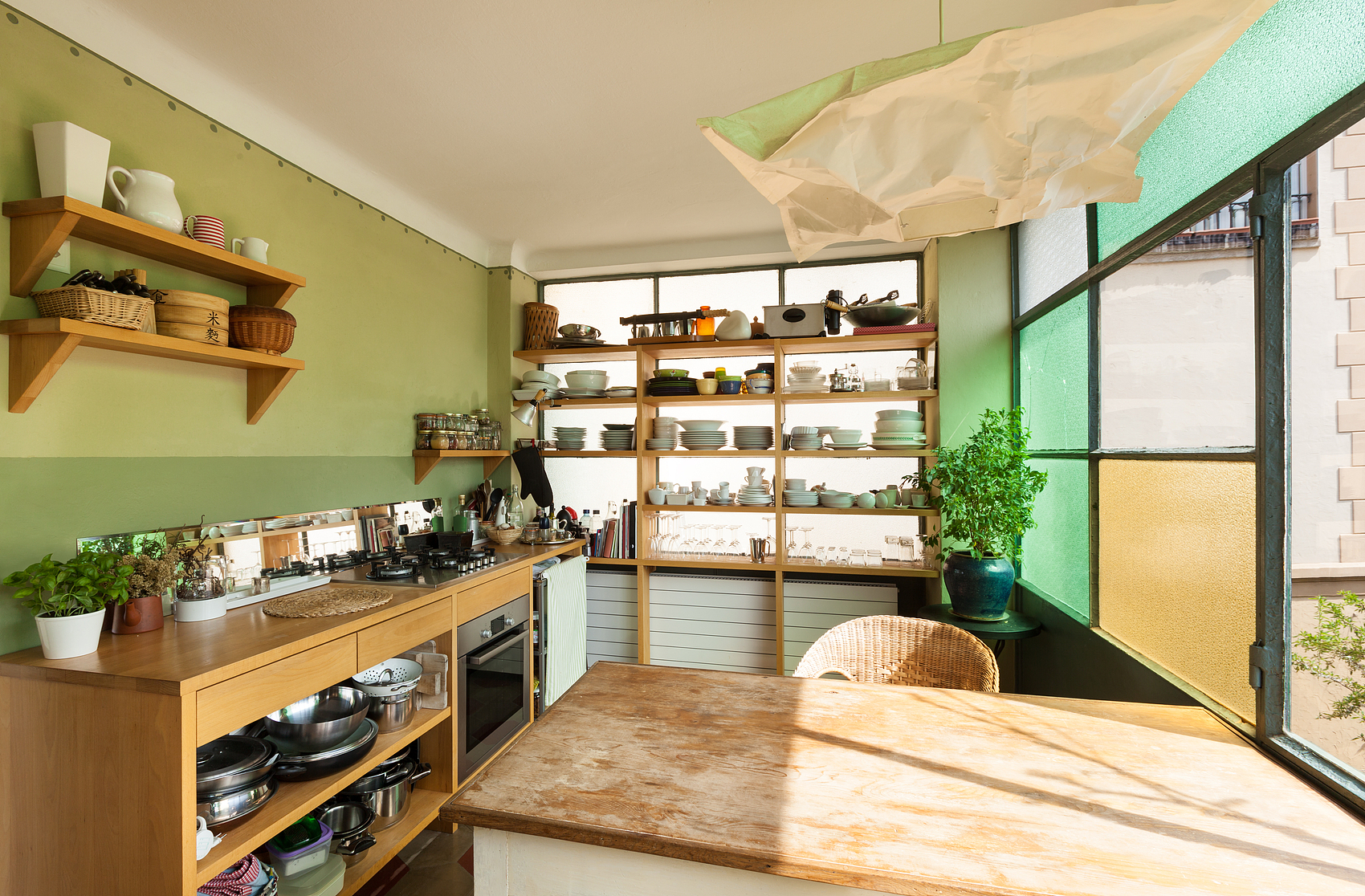Choosing the right soil amendments for your garden can feel overwhelming because soil is constantly changing. As plants grow, they remove nutrients, moisture levels fluctuate, and pH can shift with the seasons. This guide covers some common soil amendments and how they can help you cultivate healthier plants.
What is a Soil Amendment?
A soil amendment is any material—organic or inorganic—that you add to soil to improve its physical or chemical properties.
Why Use Soil Amendments?
To create an ideal environment for your plants, you might need to adjust your soil’s properties. For instance, if your soil is too acidic, adding lime can help raise the pH for better vegetable growth. Similarly, if you have heavy clay soil, adding organic matter can improve drainage and reduce compaction. Before making any amendments, it’s a good idea to conduct a soil test. This will help you identify any nutrient deficiencies and areas that need improvement, like drainage. Check with your local extension office for guidance on taking a soil sample.
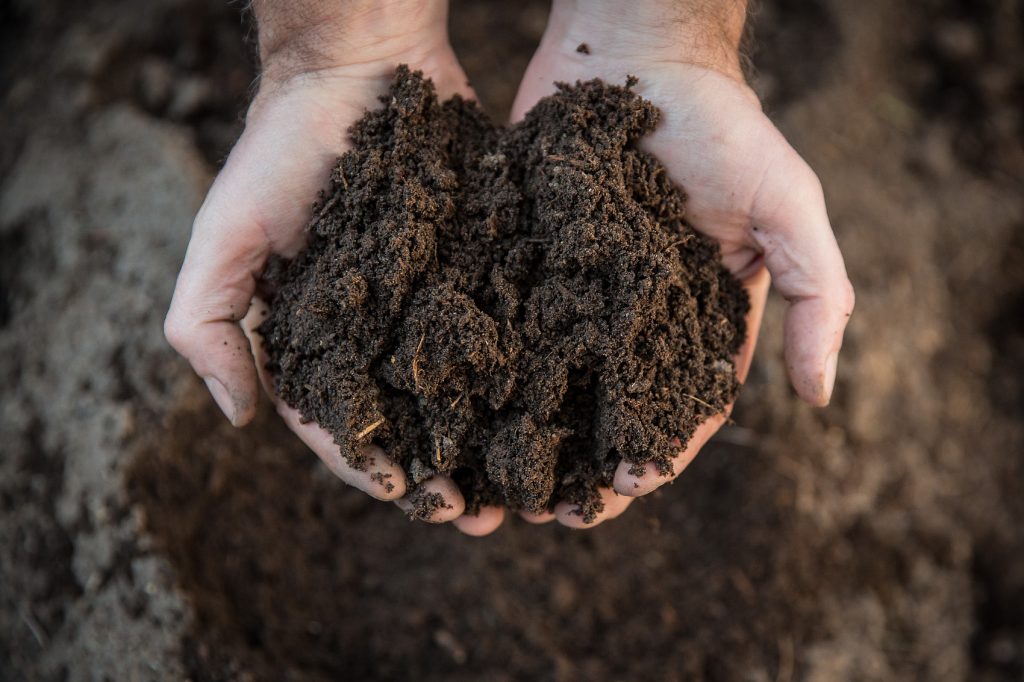
Key Soil Amendments for Healthier Plants
Soil amendments typically improve three main properties: fertility, soil structure (drainage and porosity), and pH. Here are some popular options:
- Compost Compost is a fantastic all-around amendment made from decomposed plant material like leaves, grass clippings, and kitchen scraps. It boosts organic matter, enhances drainage, and helps retain moisture while providing essential nutrients. Compost improves sandy soils by helping them retain water and lightens clay soils for better drainage. Just remember, too much compost can lead to nutrient imbalances, so aim for a 3-inch layer when starting new garden beds and add 1-2 inches yearly.
- Aged Manure Aged manure from cows, pigs, chickens, and other animals is a great soil amendment. It’s important to use well-rotted manure to avoid burning plants and introducing harmful bacteria. Aged manure increases soil fertility and organic matter while enhancing drainage. Be cautious with the amount you use, as too much nitrogen can lead to lush foliage but poor fruit production.
- Lime If your soil is too acidic, adding lime can help neutralize the pH, making nutrients more available to plants. Aim for a pH between 6.0 and 7.0 for optimal plant growth. Pelletized lime is easy to apply; just be sure to check a soil test for the right amount.
- Sulfur For soils with a high pH (alkaline), adding elemental sulfur can help lower it, making nutrients more accessible. This process takes time, so expect results to show within a year. Apply sulfur in spring or fall and work it into the soil.
- Perlite Perlite is a lightweight, white material derived from volcanic rock. It’s excellent for improving soil structure, increasing pore space, and enhancing drainage. You’ll often find perlite in potting mixes, where it helps keep the soil loose and airy.
- Vermiculite Similar to perlite, vermiculite is made from expanded mica and is gray and flaky. It’s great for retaining moisture, making it a popular ingredient in seed-starting mixes.
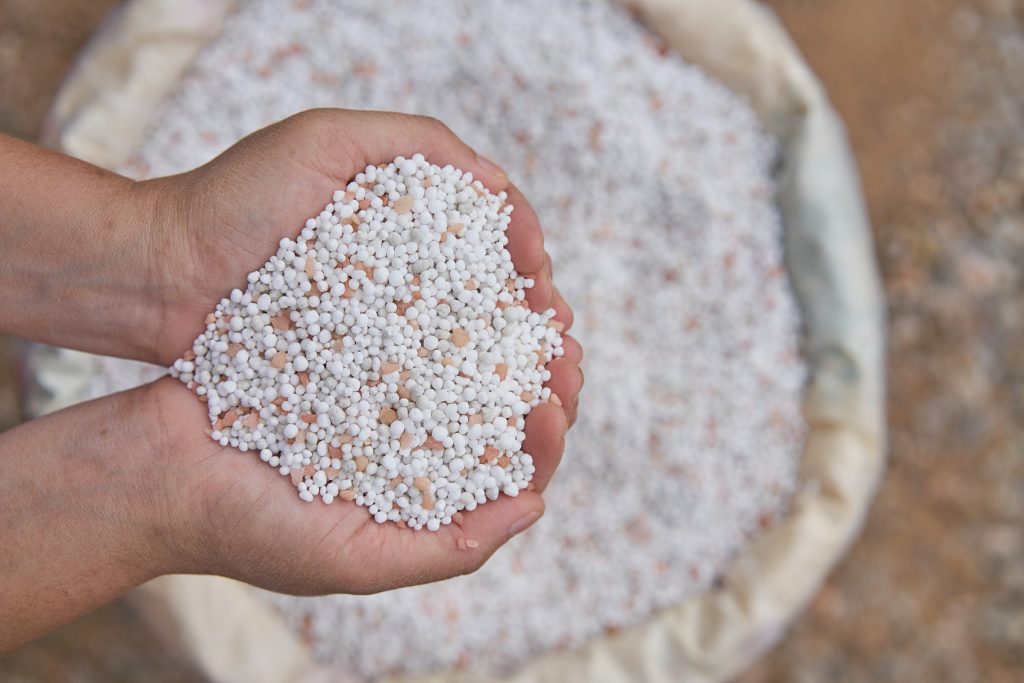
With these soil amendments, you can create a thriving environment for your plants, ensuring they get the nutrients and conditions they need to flourish!

